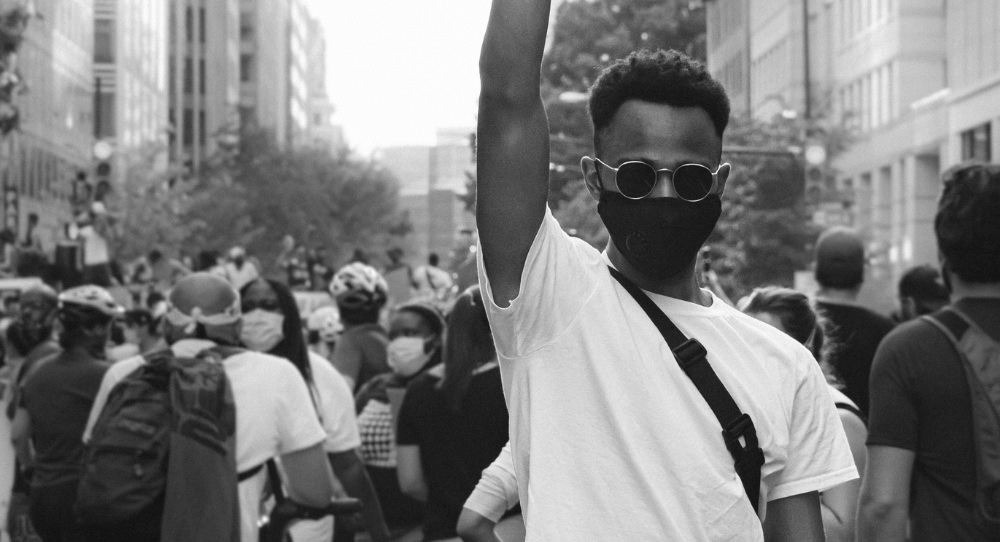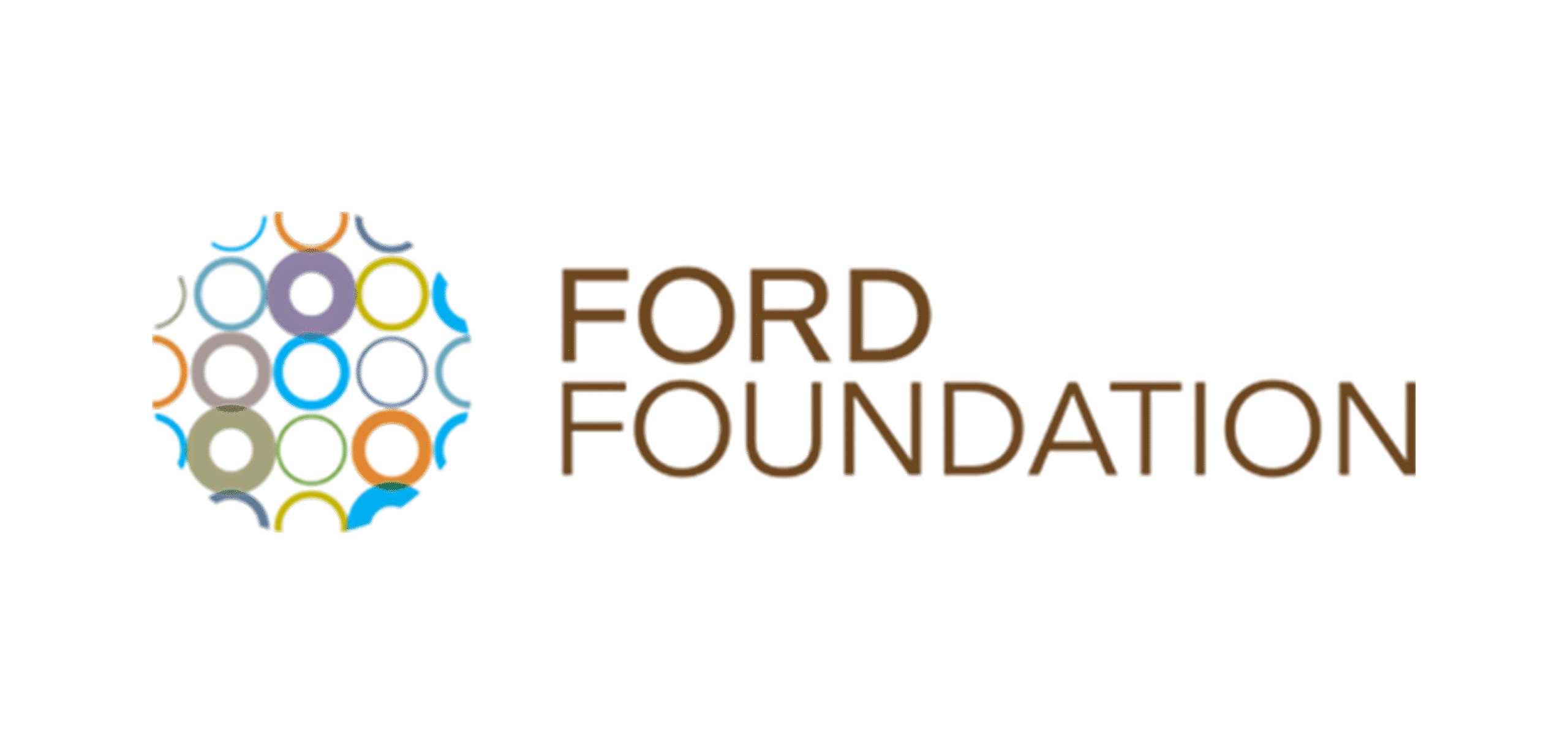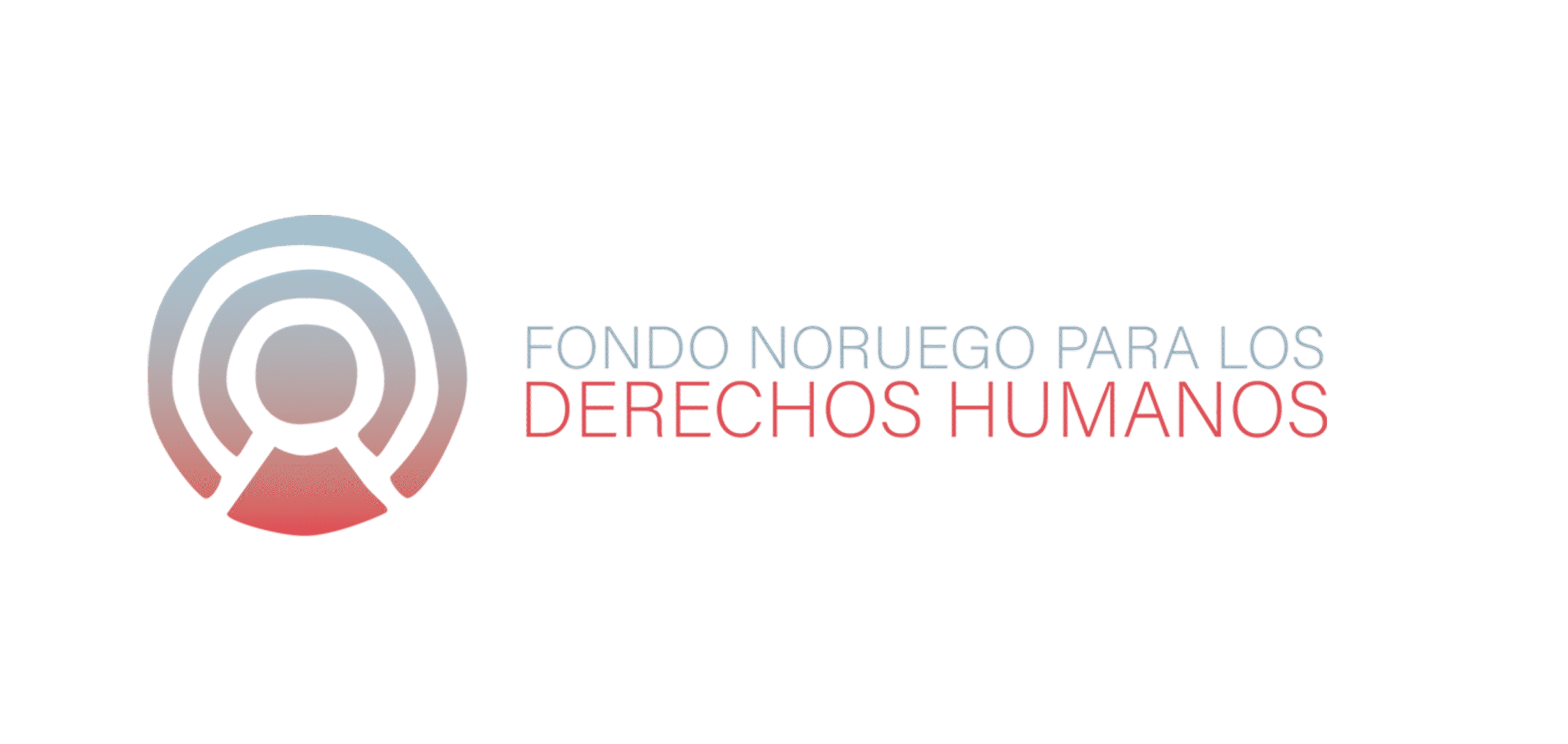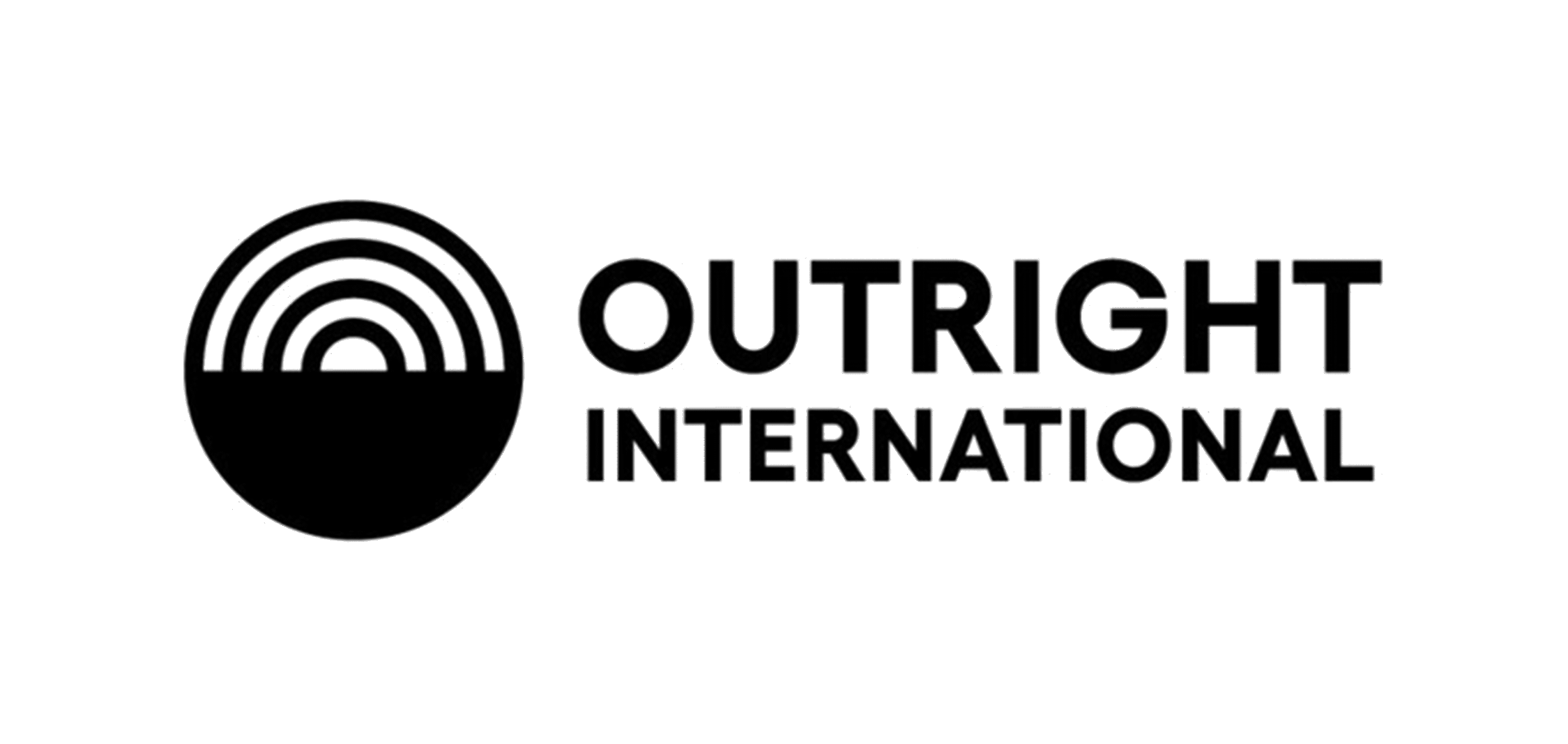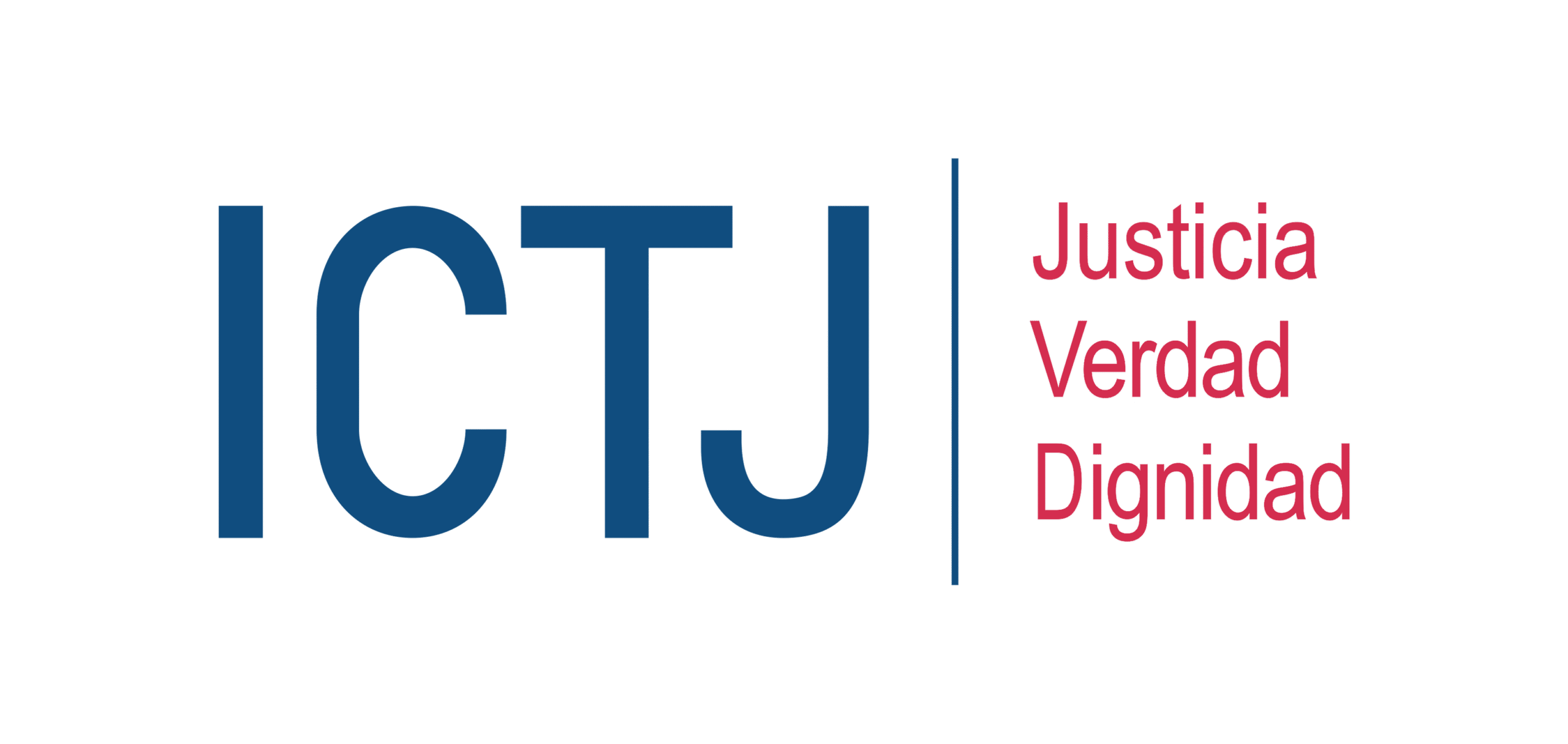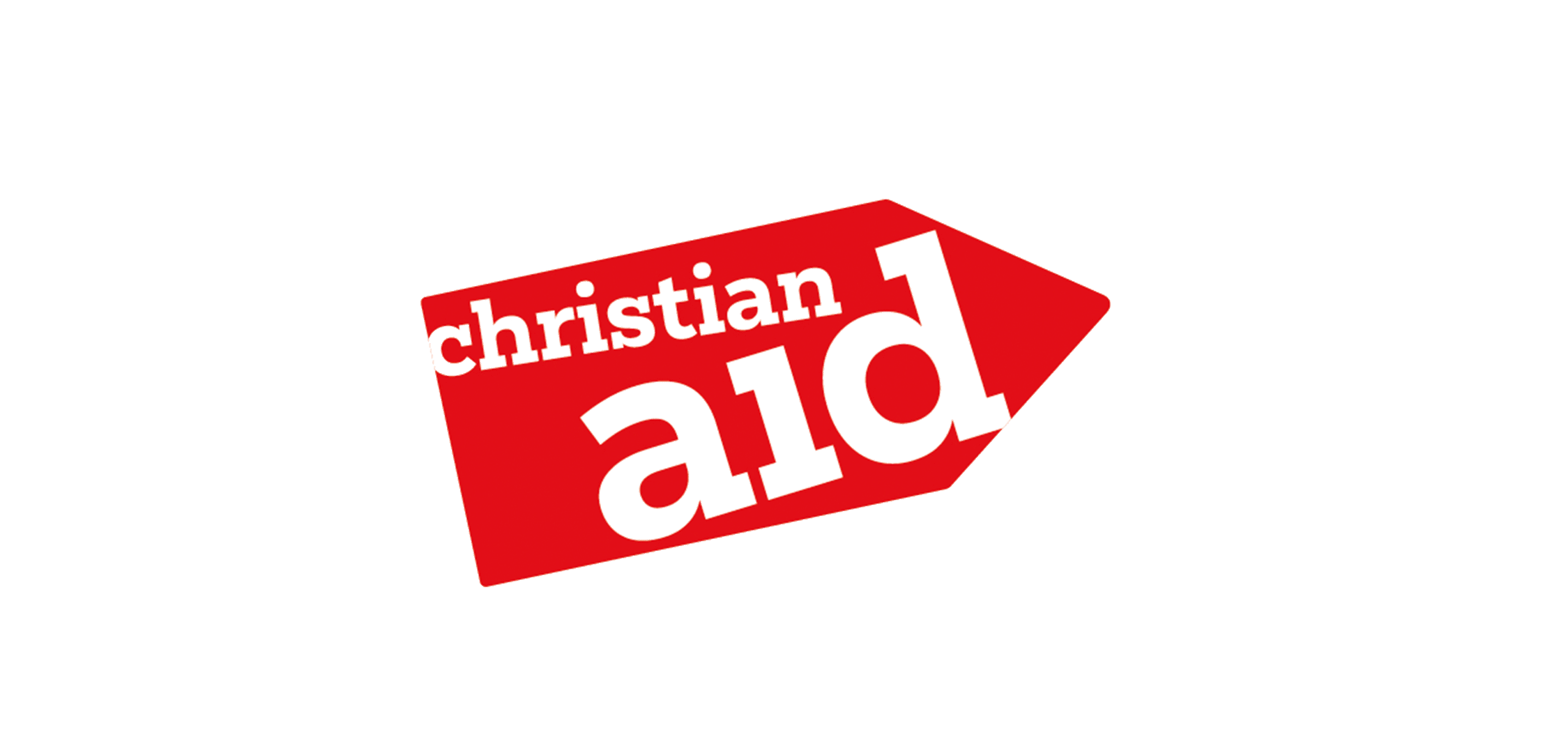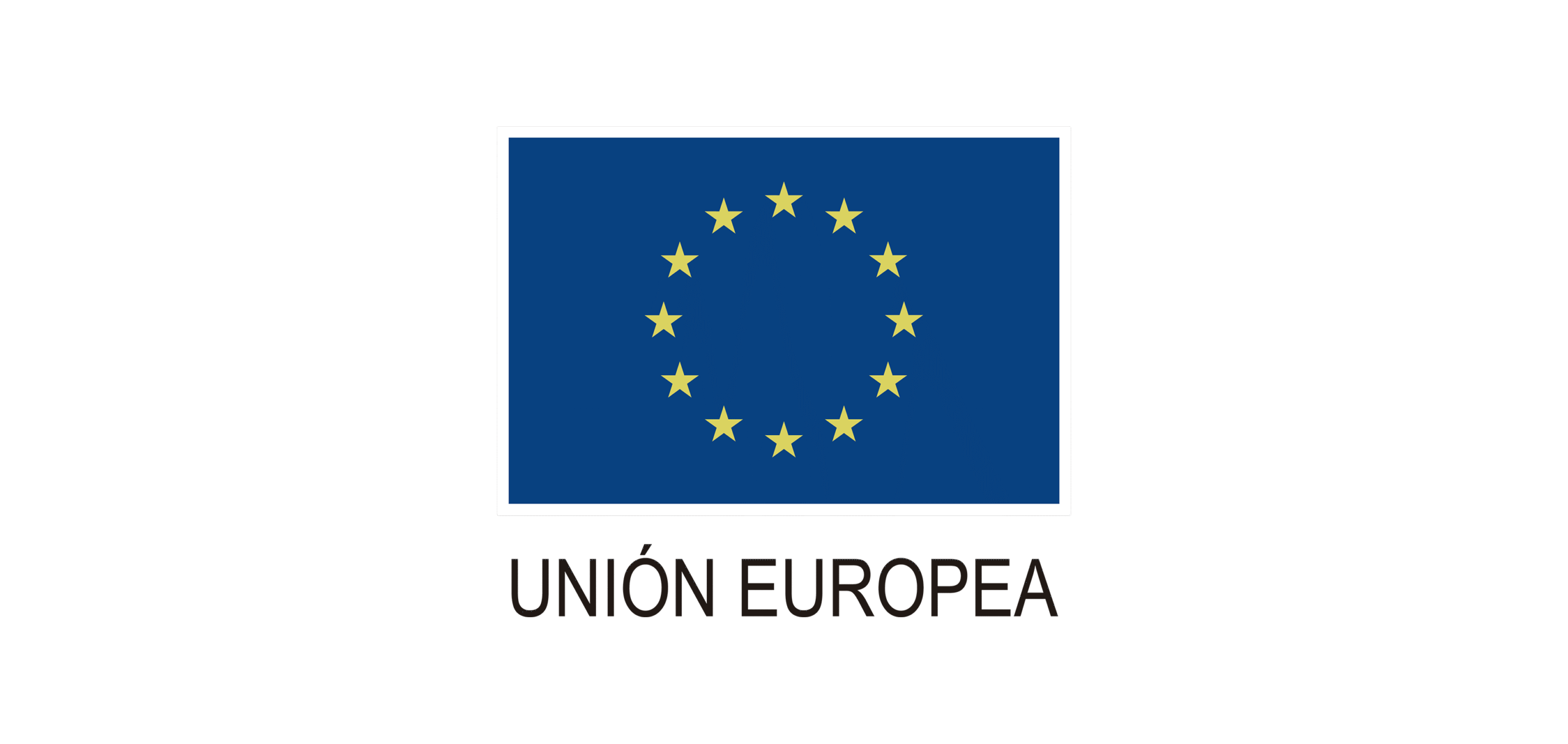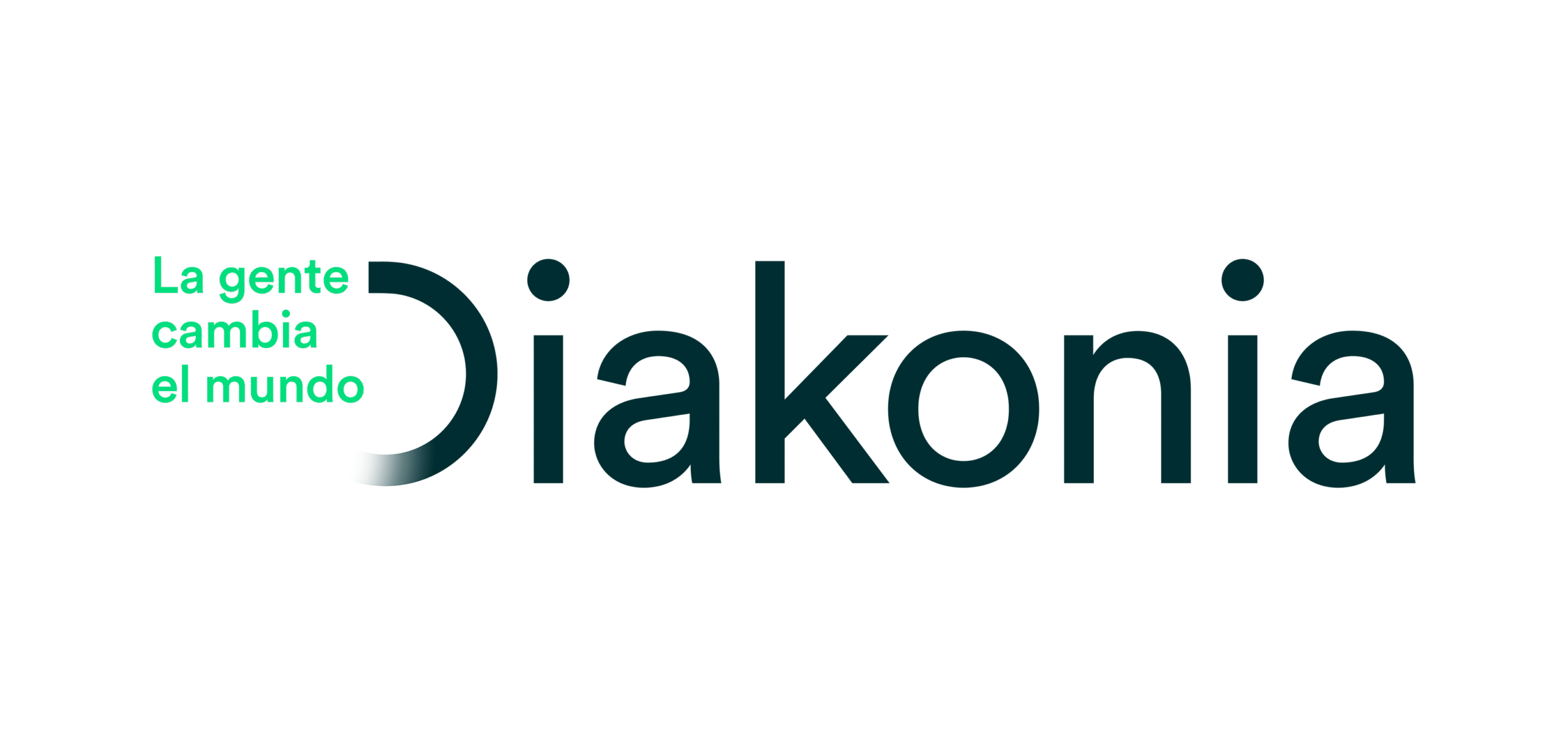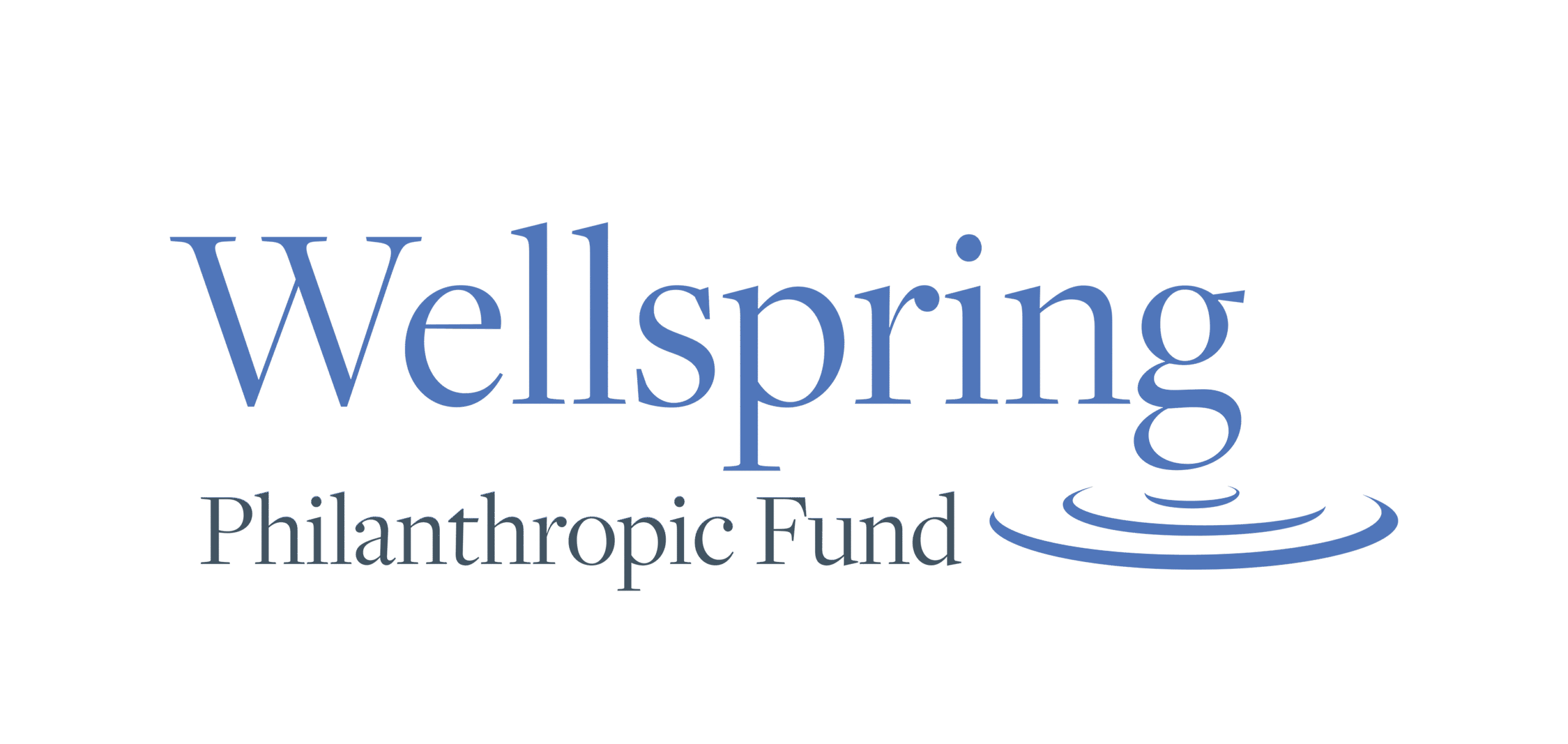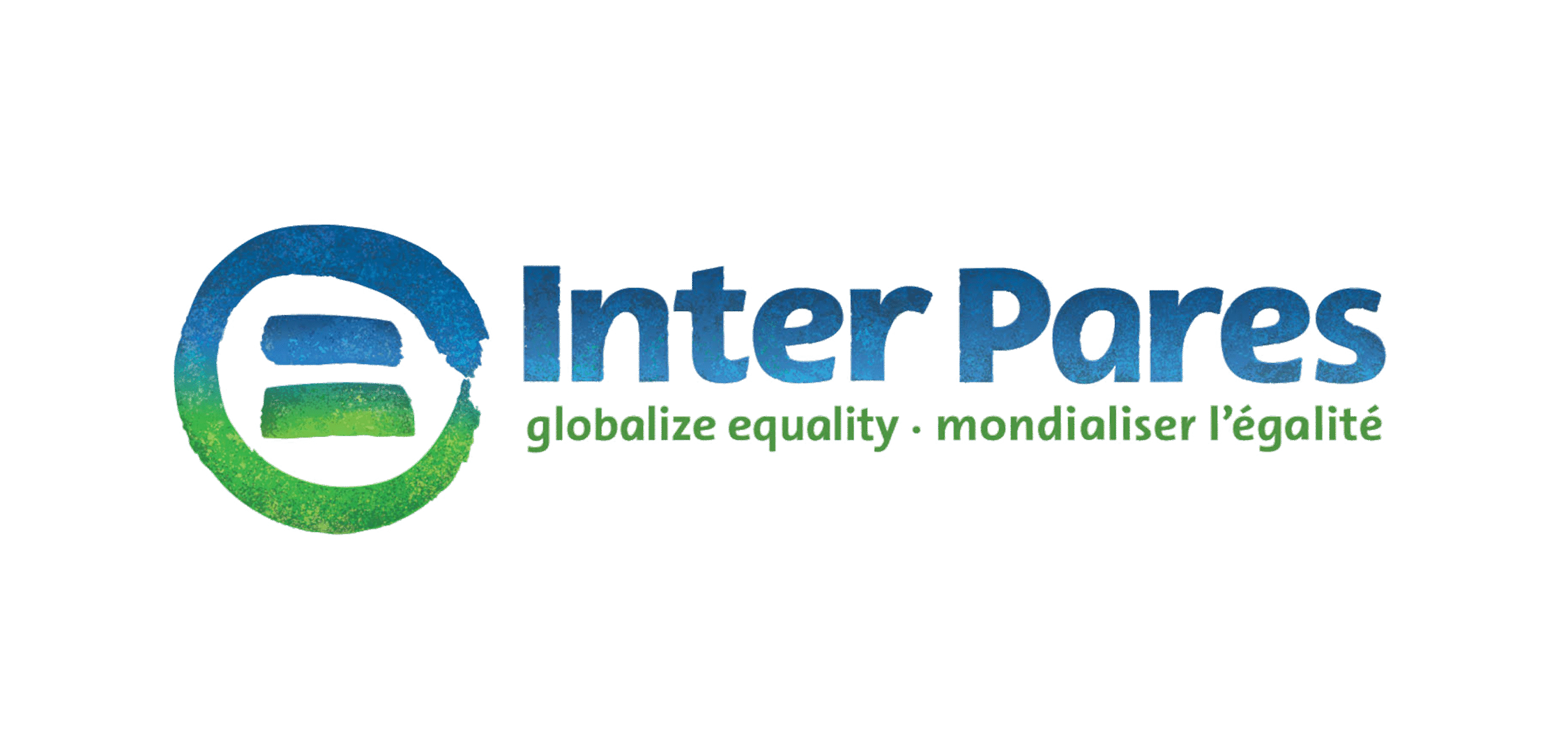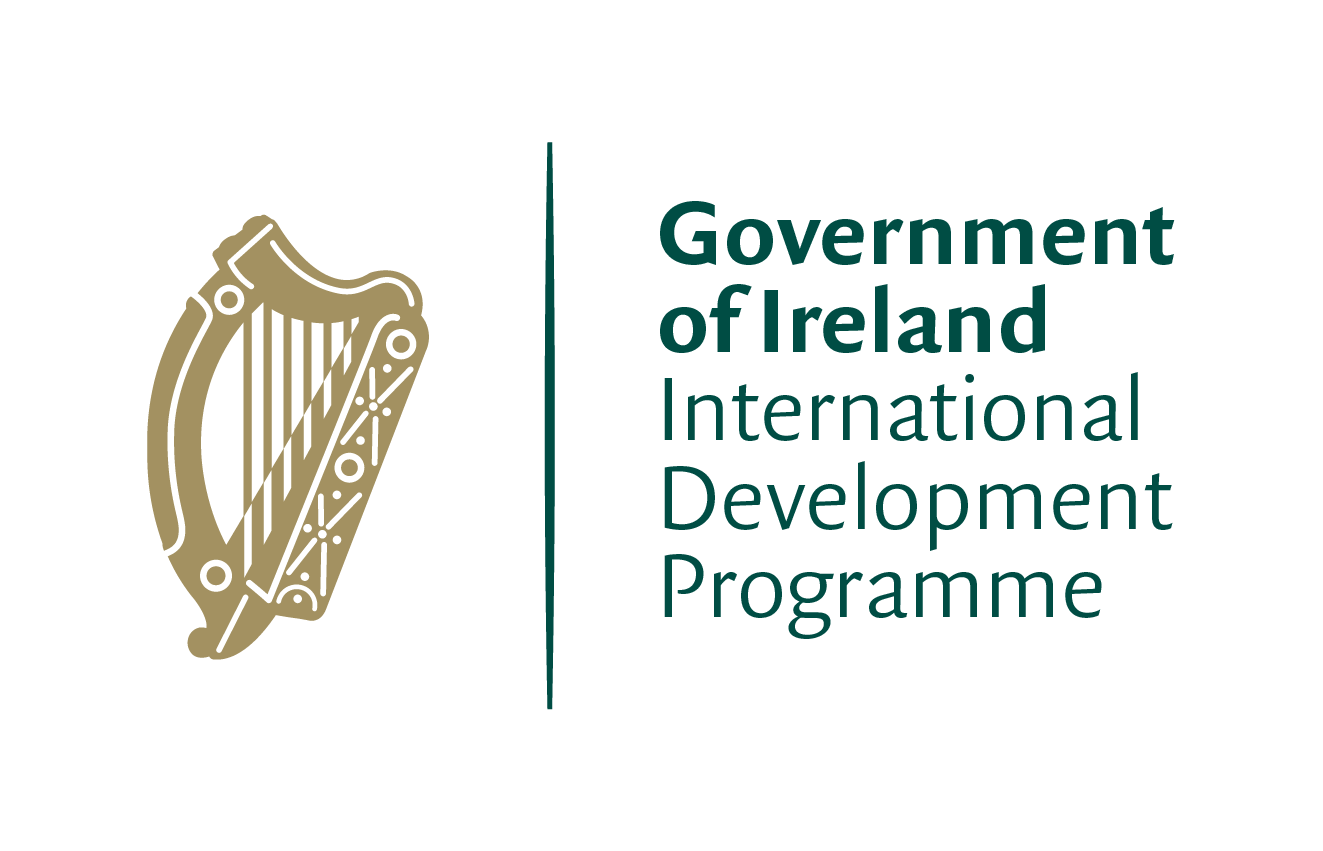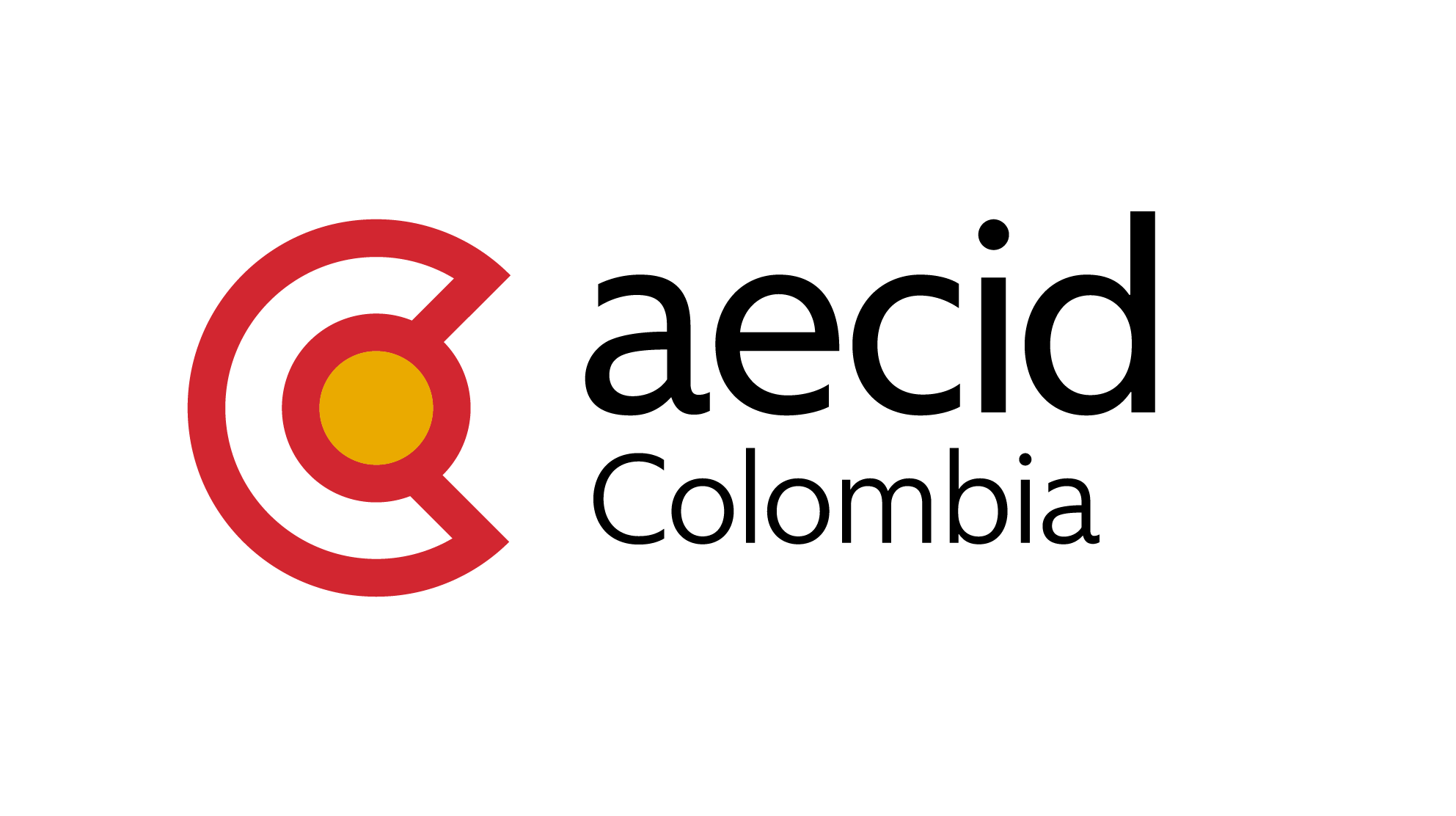At least 500 social and human rights organisations have joined together to produce a joint report on the Universal Periodic Review (UPR) The report concludes that Colombia has not come out of this evaluation well, as it has not complied with the recommendations made by the member countries regarding humanitarian law and human rights.
The Universal Periodic Review is a mechanism of the UN Human Rights Council. United Nations which aims to monitor country by country in order to improve the human rights situation on the ground in each of the 193 UN members. The review is conducted every five years for each country and this will be the third cycle of review for Colombia.
The report of Colombian civil society organisations is the result of the compilation of information provided by around 500 social organisations, from the period between 2013 and 2017, and is presented in 11 chapters and 25 themes, which cover the human rights situation in the country identifying the differentiated affectations for women, children and adolescents, indigenous peoples and LGBTI population. It also follows up on the country-specific recommendations issued in the previous UPR cycle.
The document starts by highlighting that the signing of the Peace Agreement has meant humanitarian relief which, according to Cerac data, has prevented the deaths of around 2,300 people. However, they point out that the conflict persists and the other actors continue to violate International Humanitarian Law through forced displacement, confinement, bombings, recruitment of children and adolescents, disrespect for conscientious objection, sexual violence, kidnapping and attacks on property and protected persons.
Between 2013 and 2016, between 600 and 700,000 people are estimated to have been displaced, according to the Internal Displacement Monitoring Center and the National Victims Unit.
In the case of the lesbian, gay, bisexual and transgender population, it became evident that to date, Colombia has received three specific recommendations regarding the recognition and guarantee of the rights of LGBT people, however, it has not fulfilled all its obligations.
Here is an analysis
- In 2008, the Czech Republic recommended that Colombia "Conduct public awareness campaigns against social prejudice and in favour of the principle of equality and non-discrimination, regardless of sexual orientation and gender identity". We consider that the Colombian State has partially complied with this recommendation.
- On some occasions, the government has publicly committed itself to respecting and guaranteeing the rights of LGBT persons. However, it has not developed awareness-raising campaigns on a national level. In 2010 the government committed to develop a national public policy to guarantee the rights of LGBT persons 12 and in 2011 the Ministry of Interior undertook the formulation and monitoring of such a policy, as reported by the State of Colombia in the 2013 UPR. However, to date it has not been issued.
- In 2013, Argentina recommended that Colombia "consider promoting measures for the protection and integration of LGBT persons". We consider that the Colombian State has only partially complied with this recommendation.
- Although several institutions have developed programmes to investigate and punish acts of violence against LGBT persons, these efforts have not resulted in a decrease in acts of violence against LGBT persons or in further progress in criminal and disciplinary investigations. As will be seen in Chapter 2, the programme of prosecutors assigned to investigate crimes against LGBT persons has not had the expected results, there is no guarantee of access to justice when the police investigate themselves in cases of police violence against LGBT persons, investigations for threats are generally shelved, and there are no executive protection programmes with a differential approach.
- Finally, also in 2013 Iceland recommended that Colombia "Give greater recognition to same-sex couples by legalising same-sex marriage and adoption". We consider that once again its compliance has been partial.
- In November 2015, the Constitutional Court recognised that same-sex couples can apply to the process of child adoption on equal terms with heterosexual couples. In April 2017, the Constitutional Court recognised civil marriage between same-sex couples. However, as mentioned above, the prejudices of public officials and the opposition of the former Attorney General of the Nation impose barriers to the effective guarantee of equal marriage and adoption.

